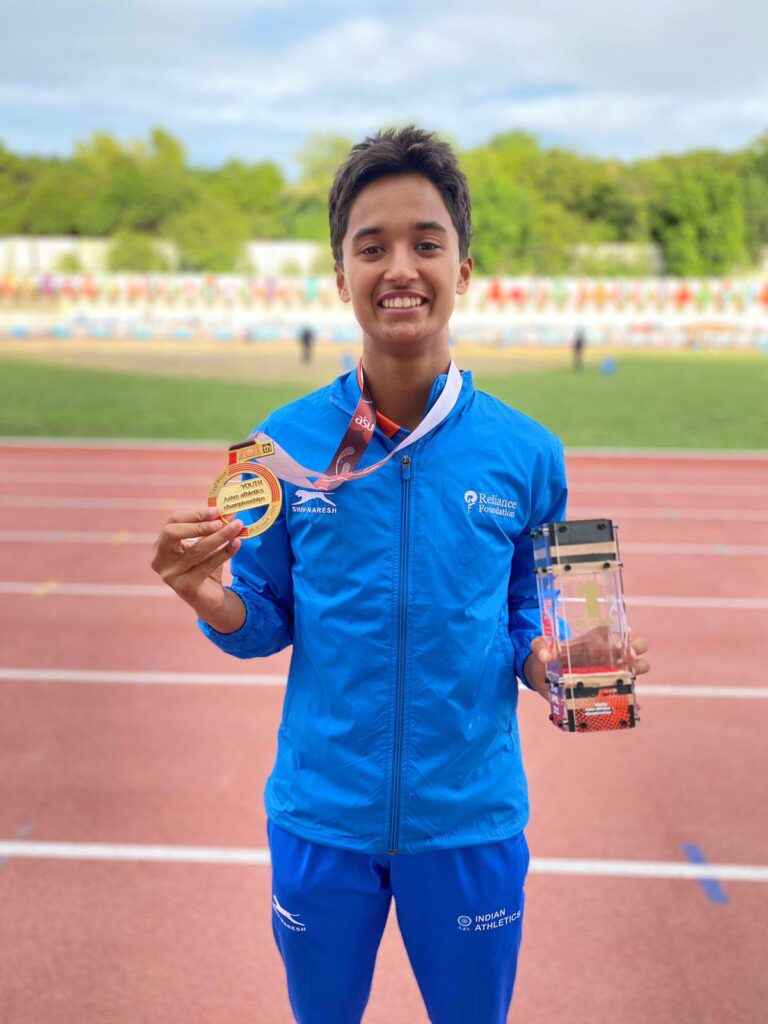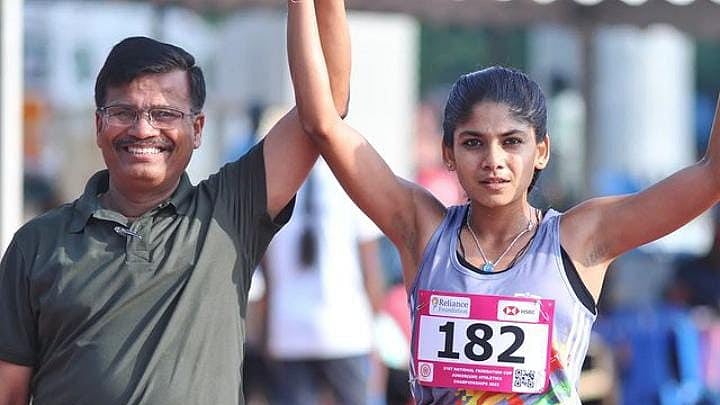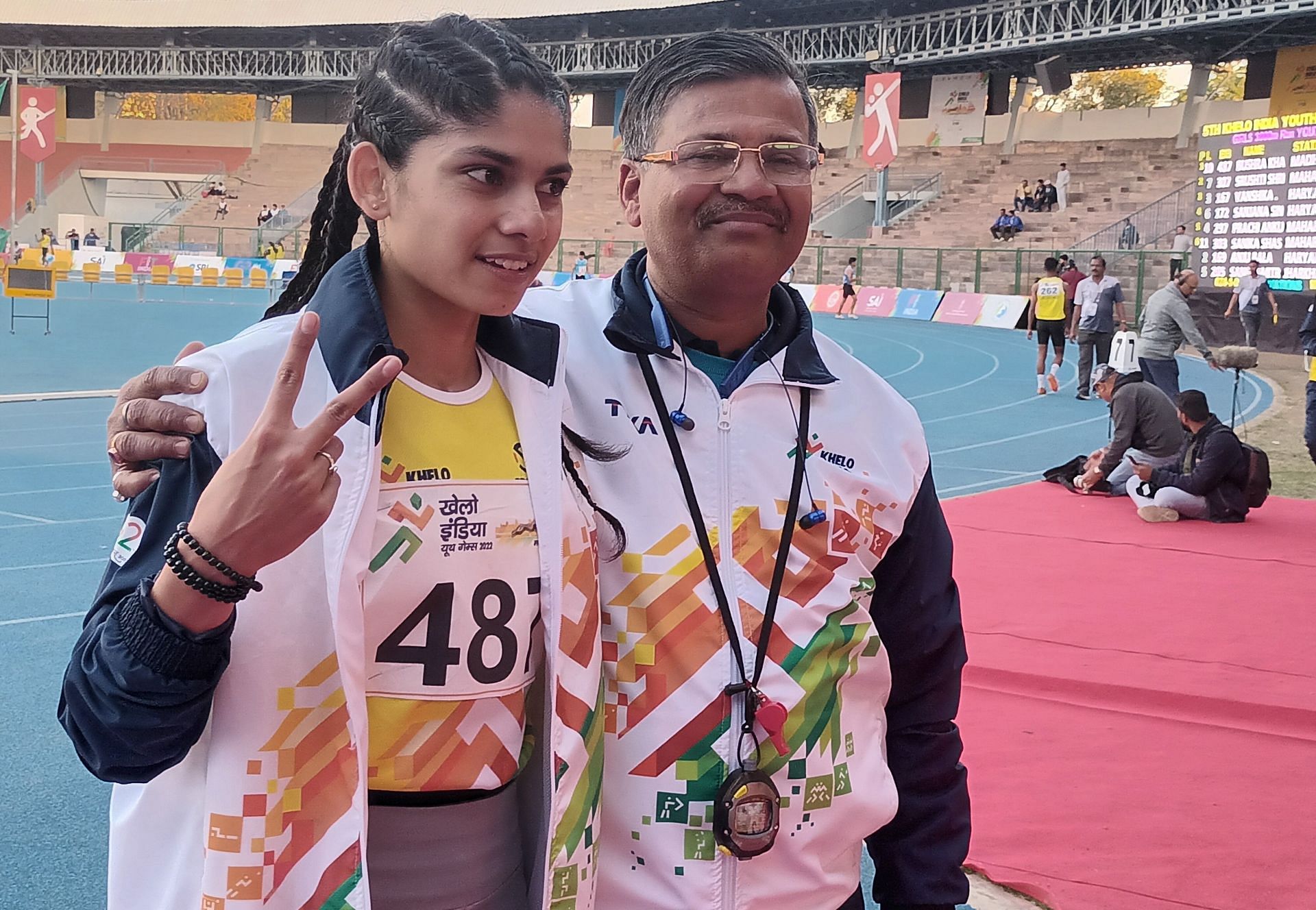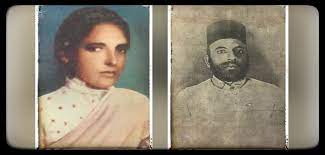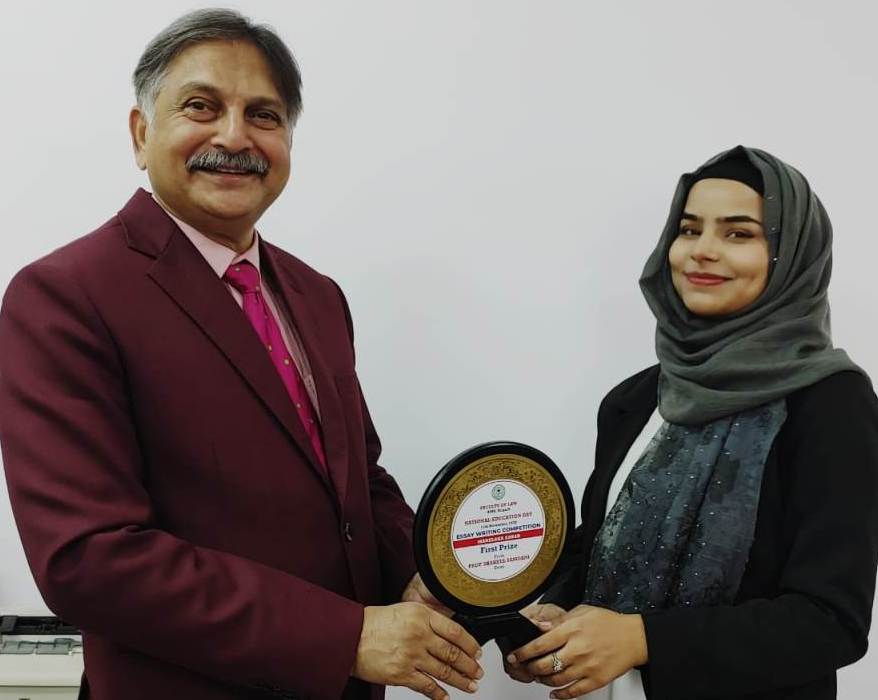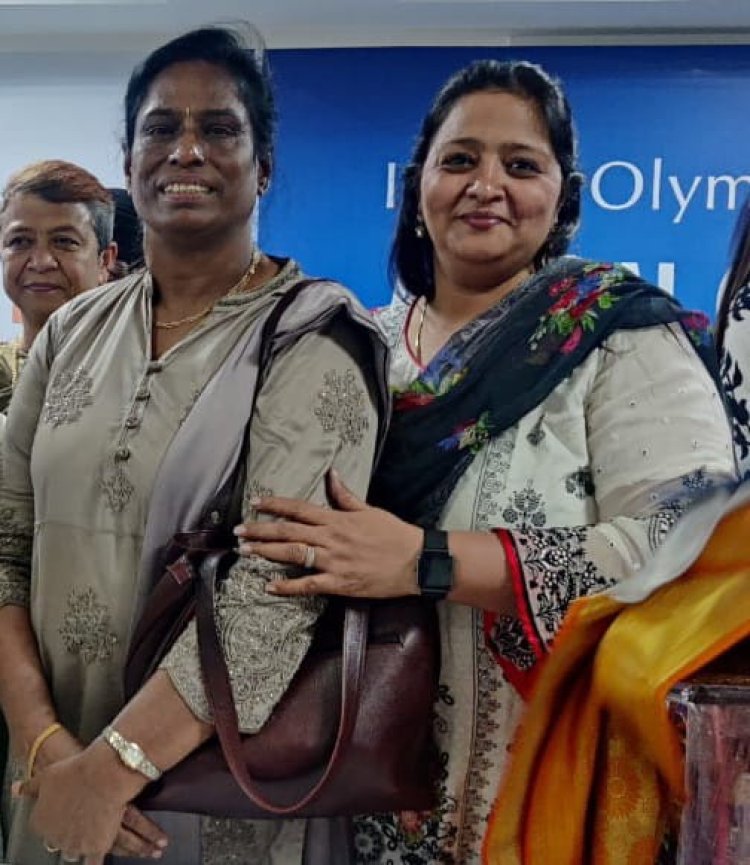Mumbai, MAHARASHTRA :
Syed Mohammed Husain lives at the Wadi Bunder slums in Mumbai with his extended family, which includes his maternal grandmother, parents, elder brothers, and their wives and children.
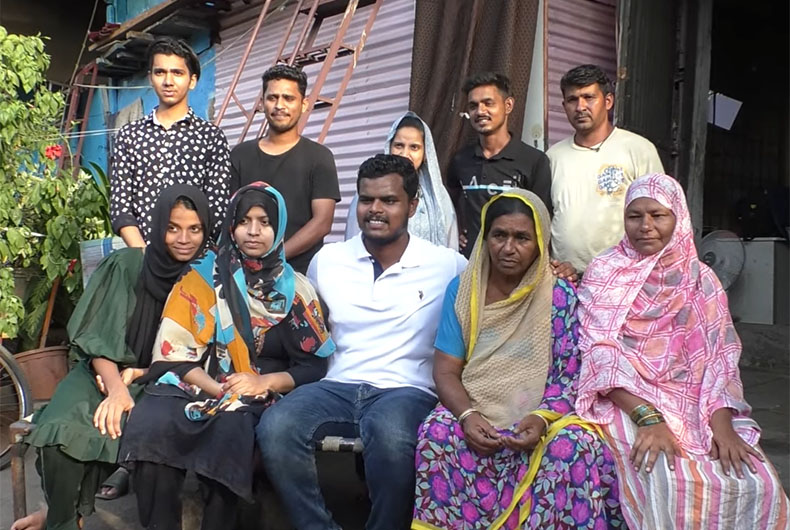
UPSC Civil Services 2022 Toppers:
A total of 04 students of Haj Committee of India (HCoI) Coaching Centre, including Mumbai Dock worker’s son Sayed Mohammed Husain, have cleared the 2022 UPSC Civil Services Exams the result of which was declared Tuesday.
Syed Mohammed Husain lives at the Wadi Bunder slums in Mumbai with his extended family, which includes his maternal grandmother, parents, elder brothers, and their wives and children.
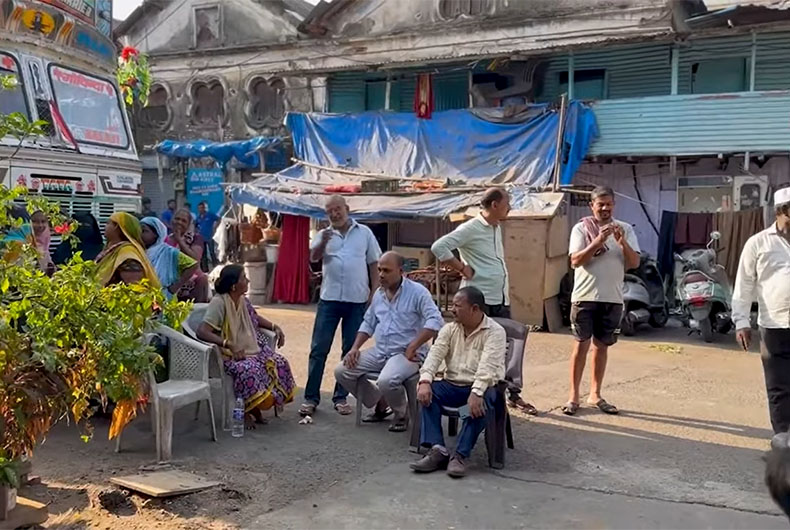
Hussain’s father started as a labourer loading and unloading goods from trucks at the dockyard and went on to become a supervisor. Tuesday however brought the family the moment they were waiting for since the last five years.
It was when Husain cleared the UPSC 2022 Civil Services exams in his 5th attempt and secured 570th rank.
“The last failure really broke me. I spent a lot of time in a mosque contemplating about my situation and came out resolved to give it another shot,” Hussain said while talking to reporters after his success in the coveted Civil Services exams.
Road to Civil Services
Syed Husain obtained school education till 7th at Khoja Isna Asheri Jamaat School in Dongri, and later took admission in St Joseph High School to clear SSC board exams. After completing graduation in Commerce from Mumbai’s Elphinstone College, he started preparing for the civil services exams.
Besides taking help from various coaching classes in Pune and Delhi, Husain is also a beneficiary of the Haj Committee of India Residential Coaching Centre.
Others from HCoI Civil Services Coaching Classes who cleared this year’s Civil Services exams are Qazi Ayesha Ibrahim (Rank 586), Taskeen Khan (Rank 736) and Md Burhan Zaman (Rank 768).
Ayesha Qazi
In total contrast to Husain, Ayesha Qazi is a daughter of a businessman, and belongs to a well to do family residing in Kalwa, Thane area of Mumbai Suburbs.
Ayesha completed her SSC from JVM New English School and later passed HSC exams from Abdullah Patel Junior College, Mumbra. She started preparing for the Civil Services Exams in 2019 after graduation in Arts from Joshi Bedekar College, Thane.
The UPSC announced the final result of Civil Services Exams Tuesday, and recommended a total of 933 candidates from different parts of India for IAS, IPS, IFS, IRS and other Civil Services Posts.
Among the 933 candidates who cleared this year’s CSE a total of 30 are Muslims.
source: http://www.ummid.com / Ummid.com / Home> India> Education & Career / Zohair M. Safwan, ummid.com / May 24th, 2023
